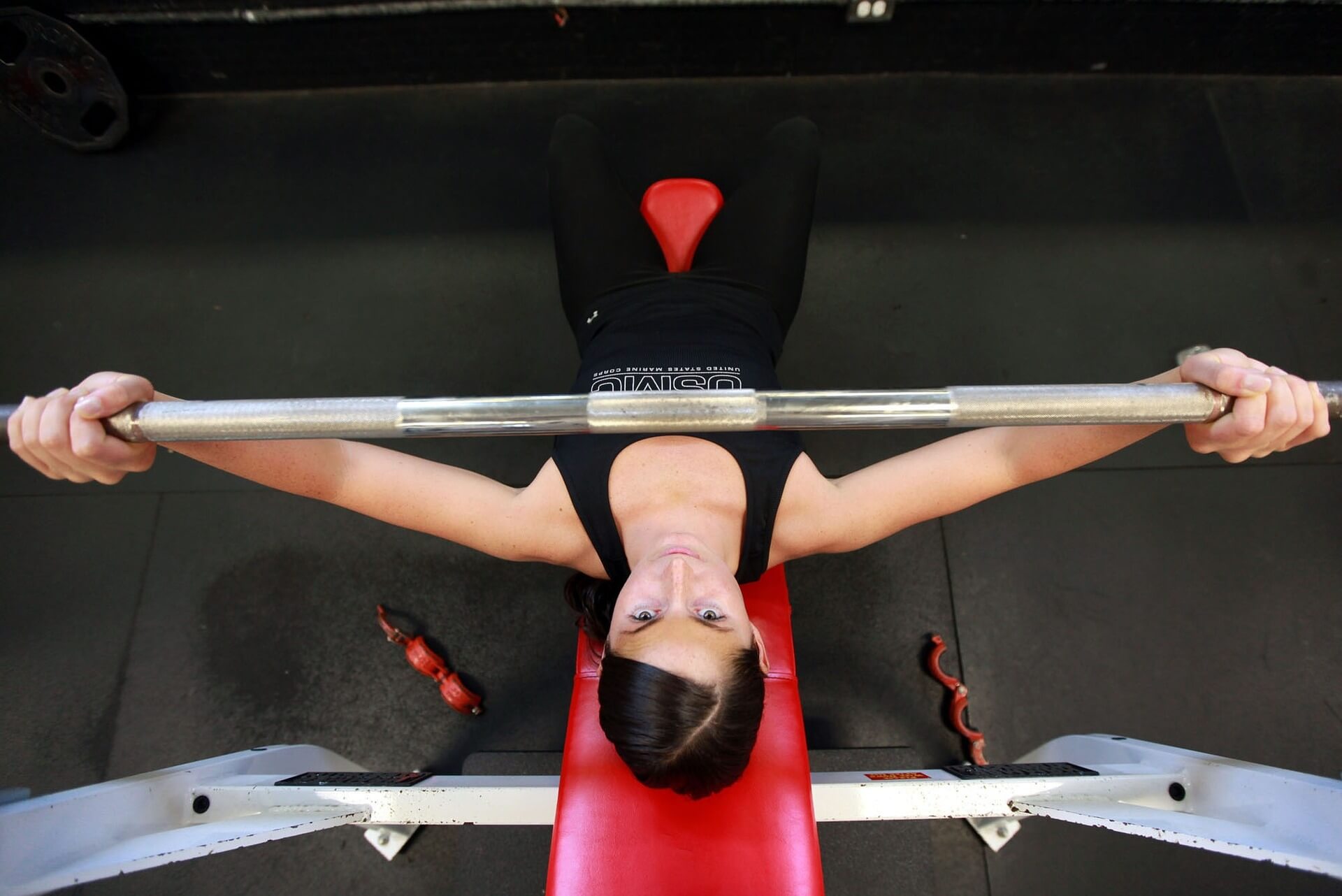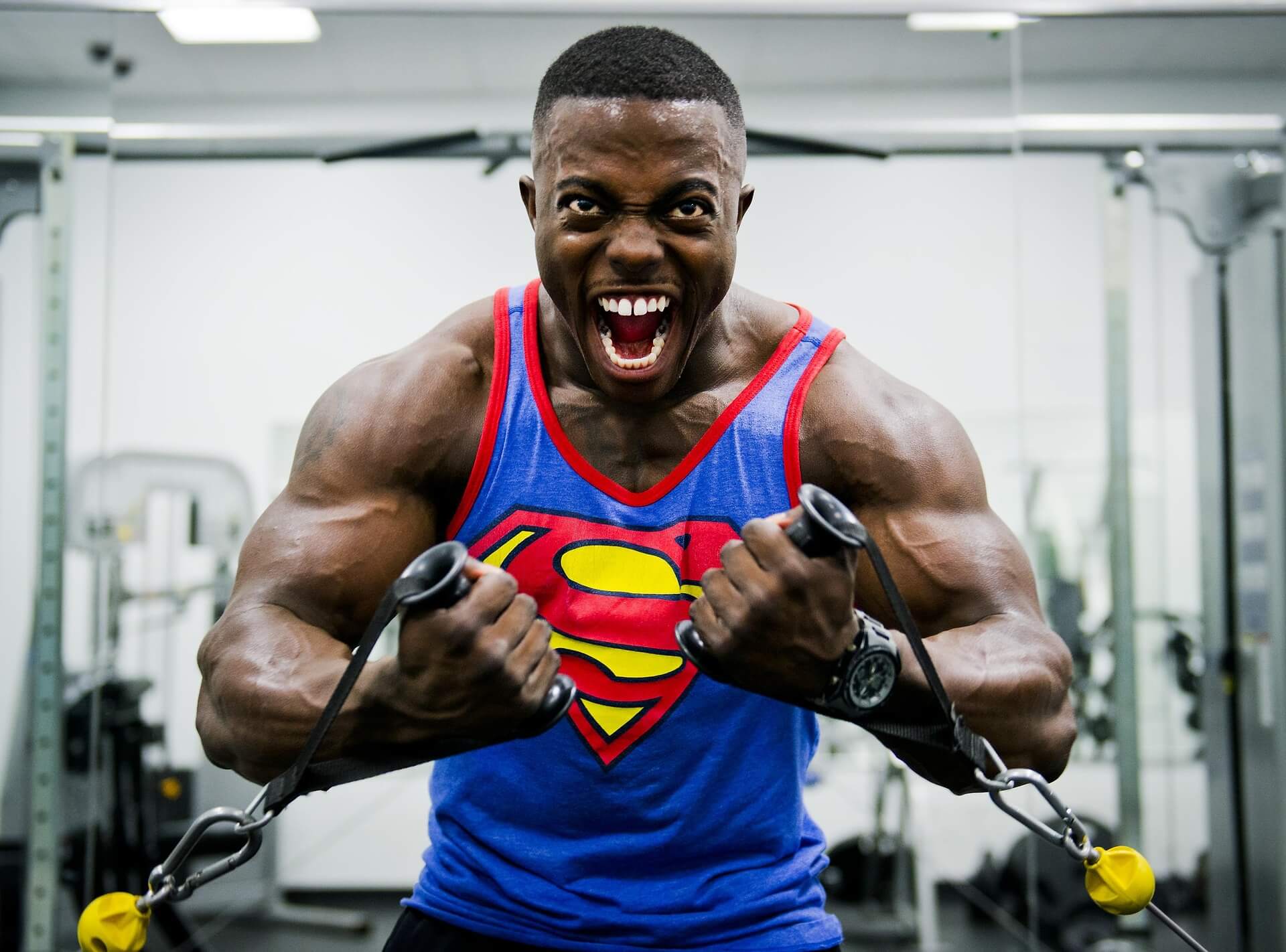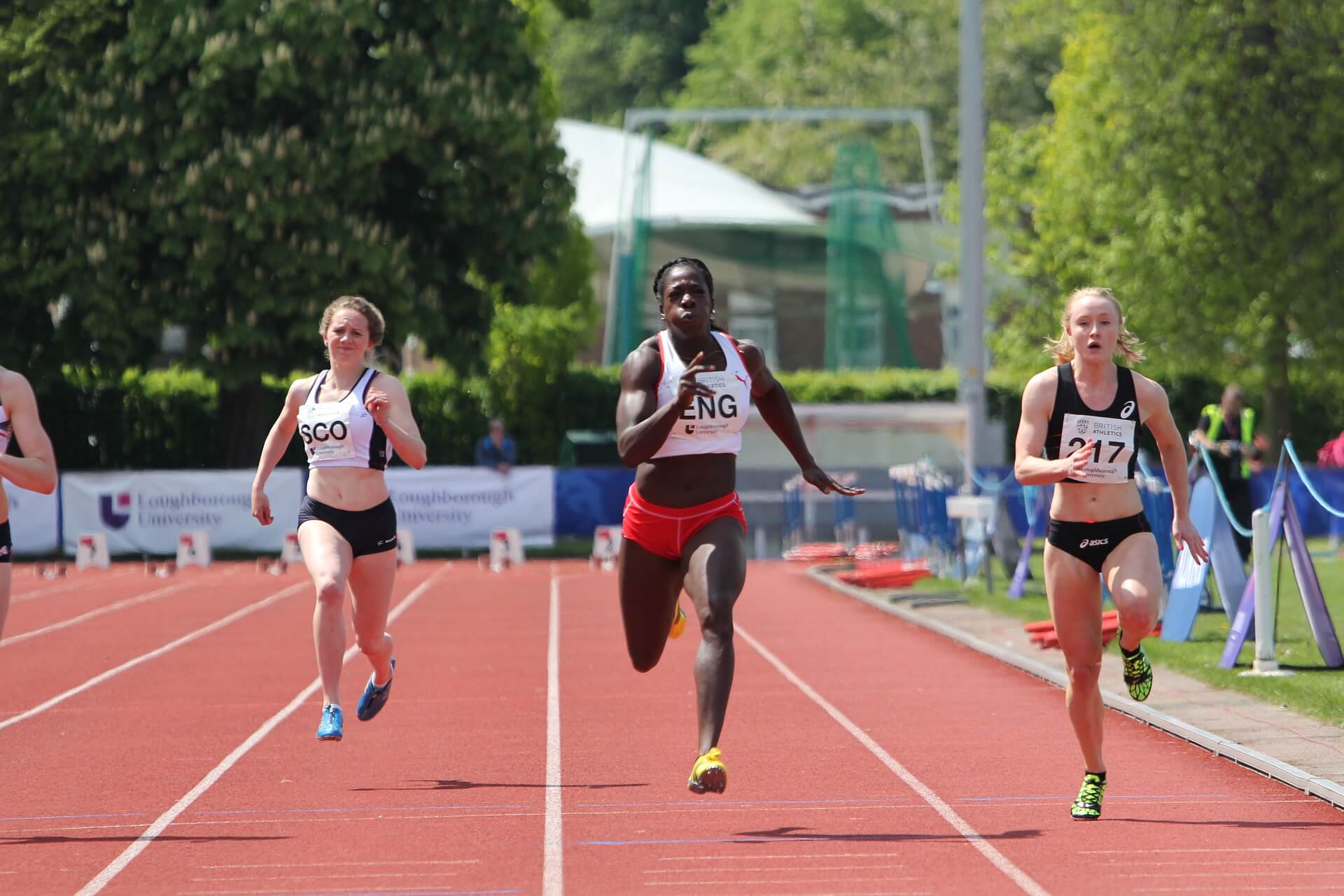Heavy Weights-Low Reps vs. Light Weights-High Reps

There is nothing more demotivating than spending several weeks or even months working out and not seeing the results you want. Although most people last just a couple of weeks on a consistent exercise program, which is too short of time to actually gain any visible results, it is possible to be consistent for a while and not see a difference in your body. This is usually because you are not working out the right way for the results you want. Yes, there is a right and wrong method of exercising and it all depends on your individual goals. If you just want to feel more energized and promote heart health than most exercise will do the trick. If you want to either gain muscle size and strength or get skinny, the method in which you exercise matters.

You will usually find men at the gym lifting super heavyweights and the women lifting the lightest ones. This is not just because men are strong and women are weak. If you ask them why the men will most likely tell you that they lift heavy because they want to “get big” and the women will say they want to “get toned” or “lose weight”. The majority of these gym rats will actually not even understand why or if their method even works. If you want specific results without wasting your precious time, then it is important to understand what types of workouts are best for your goals.

Heavy Weight/Low Reps
If your main goal is to get strong, then this plan is right for you. Low reps refer to lifting between 1 and 6 repetitions per set of an exercise. Yes, you can plan a workout with one repetition per set! This will require you to lift a weight that is the maximum you are able to lift for just one repetition. For those of you who are looking to add size along with the strength then this has more to do with nutrition rather than the number of repetitions and weight you lift at the gym. You will need to eat a high amount of calories per day to gain size. The heavyweight/low rep program is common in powerlifters and Olympic weightlifters who need to be as strong as possible.
Light Weight/High Reps
This weightlifting method is for those who want to build lean muscle and make it visible. So the “toning” aspect is what can be accomplished here. High reps are considered to be between 10 to 12 repetitions per set. In order to achieve results of muscle tone, the lightweight used in this method should not necessarily be the lightest dumbbells at the gym, as most women first reach for. You should use a weight that has you fatigued and struggling a bit for the last 2 to 3 repetitions of each set. Women worry that they will get too big in size if they lift heavier weights, but this is actually very difficult to do. Women would have to eat an enormous amount of calories every day in order to build muscles like men more easily do.

Bodyweight/Higher Reps
There comes a time in every workout program where bodyweight exercises are done for maximum repetitions is beneficial. This method gives the body a break from weeks of heavy lifting and helps recruit different muscle fibers in the process. This form of weight lifting also works on endurance which is good for any type of athlete with any goal, whether it be to get big and strong or lose weight and get toned. Athletes who are also interested in gaining more power for their sport such as sprinters can highly benefit from bodyweight training, especially when they incorporate speed into their repetitions. This method is also great for those who are new to weightlifting and want to gradually ease into exercises. You are less likely to develop delayed onset muscle soreness and other injuries beginning with bodyweight exercises.

The Perfect Combination
Even if you have a specific goal of gaining size and strength it is beneficial to switch up your training program every few weeks. This will give your muscles a break as well as help avoid a plateau in results. For runners, weightlifting should be a priority. During the off-season, it is beneficial to use a heavy weight/low reps program in order to build the much-needed strength you will need when training begins. During the training season, a lighter weight/low reps program, as well as bodyweight workouts, are beneficial in order to help maintain as much muscle as possible, while limiting overall fatigue. The year-round weightlifting is necessary for runners to keep their risk for injury low and promote proper running form, which will lead to more efficient running. Runners should be motivated to incorporate weight training as it can help make them faster and healthier over time.
Sources
Latest Articles
 Is Running on a Treadmill Easier Than Running Outside?Runners have their own preferences, whether it is treadmill running, running outside on the road, or exploring trails. So...
Is Running on a Treadmill Easier Than Running Outside?Runners have their own preferences, whether it is treadmill running, running outside on the road, or exploring trails. So... Is It OK to Use Trail Running Shoes on the Road?While trail running shoes can be used on roads, especially in situations where a runner encounters mixed terrains or pref...
Is It OK to Use Trail Running Shoes on the Road?While trail running shoes can be used on roads, especially in situations where a runner encounters mixed terrains or pref... How to Fix Sore Quads After Running?Rest, ice, gentle stretching, and over-the-counter pain relievers can help soothe sore quads after running. Also, ensure ...
How to Fix Sore Quads After Running?Rest, ice, gentle stretching, and over-the-counter pain relievers can help soothe sore quads after running. Also, ensure ... 10 Fruits With The Most Electrolytes to Replace Sports DrinksThese fruits are high in electrolytes such as potassium, magnesium, and calcium, essential for hydration, muscle function...
10 Fruits With The Most Electrolytes to Replace Sports DrinksThese fruits are high in electrolytes such as potassium, magnesium, and calcium, essential for hydration, muscle function...

